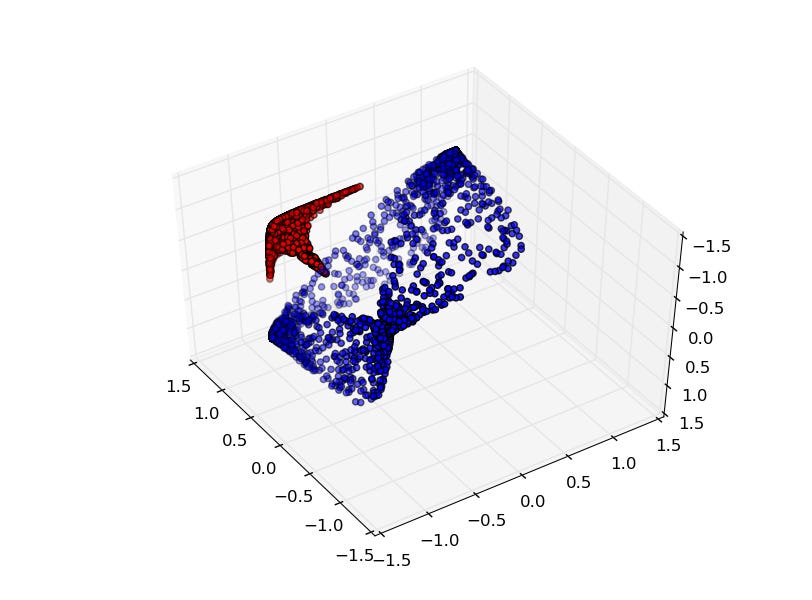Silksong: A Masochist's Delight

Silksong's brutal difficulty pushes the definition of 'game,' yet its buttery-smooth movement and intensely challenging boss fights create an addictive experience. The author recounts their own struggles and triumphs, highlighting the tangible sense of progress and the unparalleled satisfaction of overcoming seemingly impossible odds. While its difficulty may deter many, it's precisely this that defines its appeal: Silksong is a love letter to perfectionists who thrive on challenge and embrace the pain.
Read more

